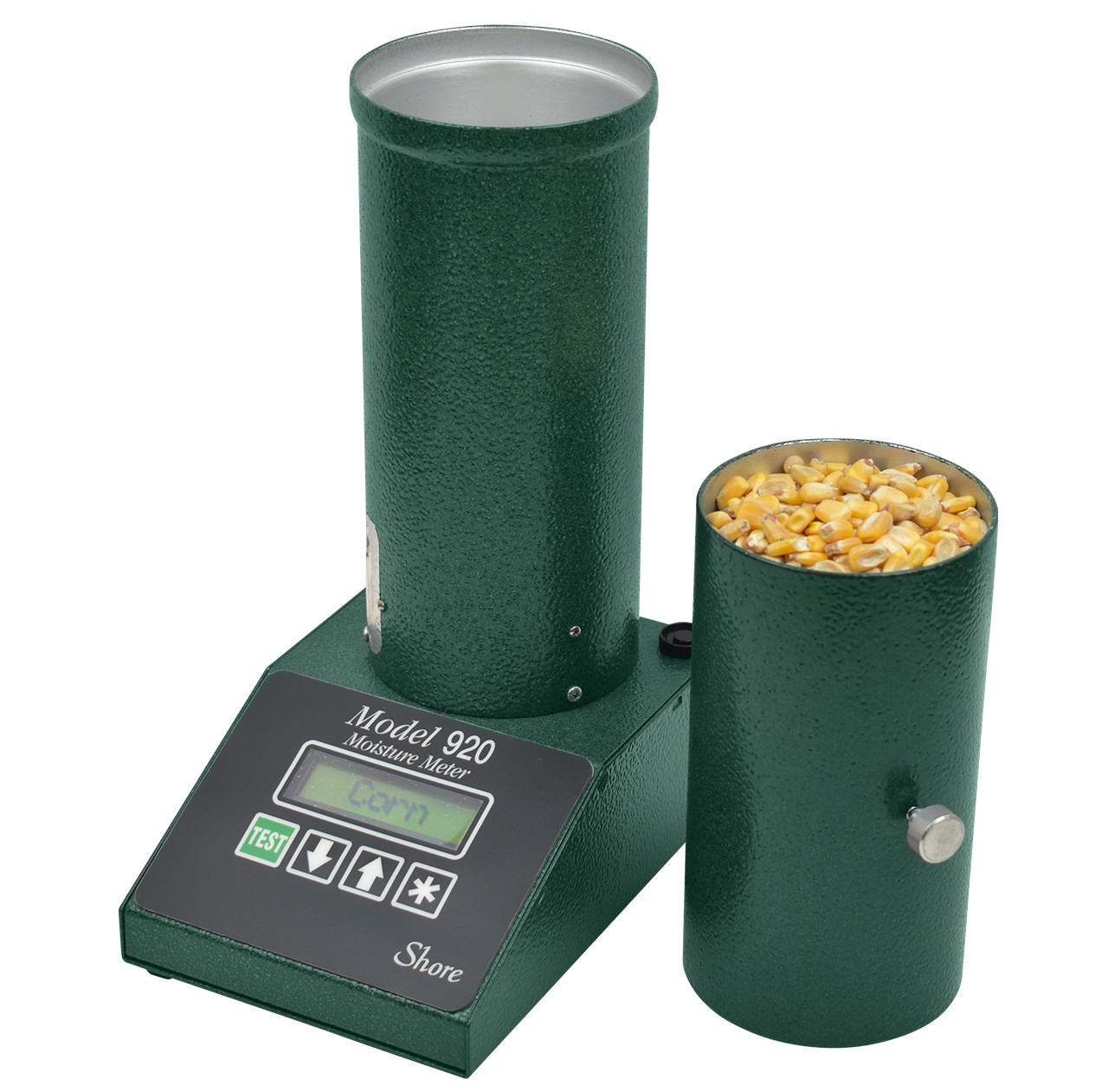The Ultimate Overview to Moisture Meters: A Comprehensive Review and How They Can Save You Money
In the world of structure upkeep, building and construction, and different markets, the significance of precisely gauging dampness levels can not be overstated. Dampness meters act as essential devices in finding and monitoring moisture web content in products, helping in avoiding expensive problems and guaranteeing the top quality of products. Comprehending the subtleties of various kinds of moisture meters, their applications, and the prospective cost-saving benefits they provide can be a game-changer for experts and organizations alike. Discovering how these tools can not just streamline processes however additionally add to monetary savings is a trip worth starting.
Sorts Of Wetness Meters
Different kinds of wetness meters are offered for various applications in numerous industries. One usual kind is the pin-type wetness meter, which determines the electric resistance between two pins inserted into a material. This kind appropriates for wood, drywall, and various other building products. Pinless dampness meters, on the other hand, use electromagnetic sensor plates to scan a larger location without causing damage to the material's surface. Moisture Meter. These meters are optimal for swiftly assessing wetness degrees in huge areas such as floorings and walls.

Furthermore, there are additionally specialized moisture meters created for specific materials like grain, hay, or soil. These meters give accurate moisture analyses tailored to the distinct residential or commercial properties of the product being checked. Infrared moisture meters determine the thermal buildings of a material to identify its wetness material non-invasively, making them valuable for applications where pin or pinless meters may not be ideal. Comprehending the different kinds of dampness meters available can aid industries choose one of the most suitable tool for their particular wetness dimension requirements.

Benefits of Making Use Of Dampness Meters
Dampness meters supply very useful benefits in precisely assessing and keeping an eye on wetness levels in varied materials and environments. One of the primary benefits of using dampness meters is the avoidance of possible damage caused by excess dampness.
In addition, utilizing wetness meters can cause raised power performance. By recognizing locations with high dampness degrees, such as leakages or bad insulation, adjustments can be made to boost energy conservation and reduce utility prices. In agricultural setups, dampness meters play a vital function in optimizing crop returns by enabling farmers to keep an eye on dirt wetness levels and make educated irrigation decisions. Generally, the advantages of using wetness meters span across different markets, giving cost-efficient solutions and promoting far better quality assurance practices.
Just How to Choose the Right Wetness Meter
Choosing the ideal wetness meter involves considering key factors such as product compatibility, dimension array, and calibration precision. When choosing a moisture meter, it's necessary to guarantee that the meter appropriates for the specific material you will certainly be screening. Various products have varying click to read electrical homes that can affect dampness readings, so picking a meter designed for your product is important for precise outcomes. In addition, take into consideration the dimension variety of the wetness meter. Ensure that the meter can detect dampness degrees within the range needed for your applications. Calibration precision is one more crucial factor to maintain in mind. Opt for a dampness meter with dependable calibration to guarantee regular and exact analyses. Some meters may need periodic calibration modifications, so understanding the calibration procedure is essential. By thoroughly examining these factors, you can select a moisture meter that satisfies your demands and supplies accurate wetness measurements for your jobs.
Correct Methods for Dampness Meter Usage

Price Savings Via Moisture Meter Applications
Just how can the strategic usage of wetness meters cause significant cost financial savings across their website various markets? Moisture meters play a crucial role in expense financial savings by avoiding possible damage and making sure quality assurance in various markets. In the agriculture industry, dampness meters aid in identifying the optimum time for collecting crops, avoiding over-drying or excess moisture that can impact the last product's high quality. This accurate monitoring assists farmers stay clear of unnecessary losses and maximize their return.
Likewise, in construction, wetness meters aid avoid pricey damages by spotting moisture degrees in structure products, such as timber or concrete, which can cause structural problems if not attended to quickly. By recognizing problem areas early, service providers can take restorative steps to avoid comprehensive repair work or replacements, inevitably saving time and cash.
Furthermore, in the food processing market, wetness meters are necessary for keeping track of item high quality and guaranteeing compliance with safety policies. By accurately gauging dampness material in foodstuff, manufacturers can avoid wasting, maintain quality, and lower waste, causing significant cost financial savings. In general, the calculated application of moisture meters is a valuable financial investment that can cause considerable expense decreases and boosted performance across various see here markets.
Conclusion
In final thought, wetness meters are valuable tools for identifying and measuring wetness levels in various materials. By using the appropriate moisture meter and following appropriate techniques, users can efficiently prevent expensive damages triggered by excess wetness.
Moisture meters serve as important devices in discovering and keeping track of moisture web content in materials, assisting in avoiding costly problems and making certain the top quality of products. Infrared moisture meters determine the thermal residential properties of a material to establish its wetness content non-invasively, making them helpful for applications where pin or pinless meters may not be appropriate.Wetness meters supply invaluable advantages in precisely examining and keeping track of wetness levels in varied materials and atmospheres. In agricultural setups, moisture meters play an essential role in enhancing plant returns by allowing farmers to monitor dirt wetness degrees and make notified watering decisions.In verdict, moisture meters are important devices for determining and detecting moisture levels in various products.